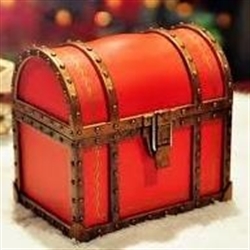

If it’s too large to carry, a staff member would mark it as sold for you. Typically, estate sales operate on a first-come, first-served basis.įollowing estate sale etiquette, if you see an item you like at the sale, you’d pick it up and carry it around until you’re ready to pay. Professionals or family members can control the crowd by using sign-up sheets at entry, or by issuing numbers to people and calling these numbers in small groups. Naturally, if not held within a massive mansion, estate sales may be limited to a certain amount of individuals at a time to avoid overcrowding. In fact, estate sales have been on the rise in America. Estate sales are also convenient ways to reach a large number of buyers many buyers frequent them to find things like antiques, paintings, and treasured family heirlooms for a great deal. Profits can go to banks, family members, heirs, and charities. How Do Estate Sales Work?Įstate sales are held to clear out large amounts of items kept in a home in a short period of time, typically between two to three days. In all cases for estate sales, it may also be the case that family members or heirs have no interest in keeping the household items, or simply have no space for them.

When someone dies, oftentimes their wills will strictly state that their possessions should be liquidated and - in an effort to avoid family arguments - that equal cash amounts should be distributed to their kin.
#TREASURED TAG SALES DRIVER#
Other major life events may also call for an estate sale, but the primary driver for estate sales (and unfortunate) reason estate sales take place is the death of an individual.

Some of the most common catalysts for estate sales include death, divorce, downsizing or moving, or filing for bankruptcy. The Three D’s: Death, Debt and Divorceįamilies or individuals, wherever they might own property, may hold estate sales after major life events.


 0 kommentar(er)
0 kommentar(er)
